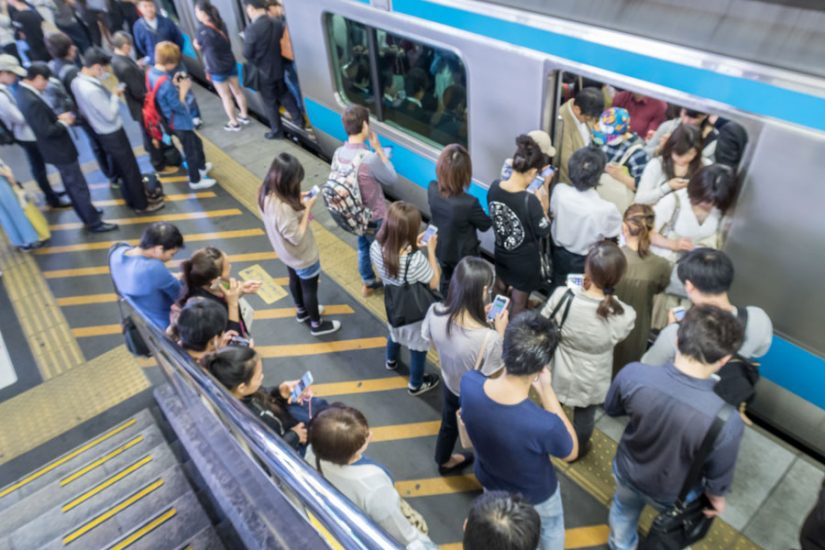COVID-19 completely changes the working environment of Japanese companies
Railways running in Japan’s urban areas are extremely busy during the morning and evening commuting hours. For corporate employees work at the office is the accepted norm, and although this has recently decreased, previously employees were required to come in to work even during typhoons and other terrible weather.
The long-standing spectacle of the commuter rush hour has been utterly changed by the new coronavirus infection (COVID-19) pandemic. The recommendation for telecommuting has resulted in a rapid increase in remote working from home and crowding on the railways has been alleviated to some degree.
Even companies that had long assumed their employees would work at the office, are reviewing conventional policies, and increasingly there are cases of new working styles being chosen to match new lifestyles.
Working styles move from commutes to the home
In areas where many people use public transport to commute to work, it is common for companies to cover the travel expenses required for their employees’ commute in the form of a fixed-term commuter pass fee. The discount rate on commuter passes is high, and they are very user-friendly as they enable the bearer to have as many rides as they like on specified buses or trains during their term of validity, whether that be 1 month, 3 months or 6. For companies with employees who worked at the office almost every day, paying their fixed-term commuter pass fees was the obvious choice.
However, as a result of COVID-19, the number of people working from home has increased, and the reason for choosing a commuter pass has vanished. For that reason, instead of commuter passes, some companies are subsidizing the data communication and electricity costs useful for remote work at home.
For example Fujitsu has stopped paying for commuter passes while starting to subsidize improvements to the home working environment. Moreover, the company plans to start a system allowing employees to work from areas so remote it is difficult to commute to the office.
Other companies such as Ricoh, SoftBank, NTT and All Nippon Airways (ANA) are said to be making similar policy changes.
An online office where chatting is easy even for remote workers
If people only work from home, they lose the opportunity to chat with team members on the same job, and this can lead to a drop in work efficiency. Accordingly, NTT Communications has started to provide a service called NeWork which allows people to experience chats similar to those in an office environment and interact more easily than in online meetings.
NTT Communications considers NeWork to be a virtual office, where teams and project members can strike up conversations just as if they were in the same office. In addition to the chat function, it also has functions such as video calling and screen sharing, and can be used for full-scale online meetings.
If this is the case, then even without going to a real office, communication with colleagues in an office-like environment is still possible.
A company moving its headquarter facilities into virtual space
From the idea that if there are few people working in the office then an office is unnecessary, a company has appeared that is moving its headquarter facilities into virtual space.
Rozetta, which provides AI translation services, plans to construct a virtual reality headquarters and prepare a system that allows employees to work at those headquarters from any location in the world. Appropriately for a company with AI translation technologies, the VR headquarters system will incorporate a translation function to create an office where people can freely communicate unaware of the different languages being used.
However, because VR offices cannot be registered under present law, the plan is to leave a physical office in the real world, while just the functions of the headquarters will be moved into virtual space.








